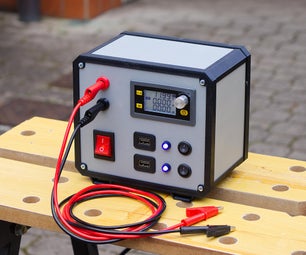Introduction: Tips on How to Fight Speeding Ticket Enforcement and Beat the System
Discovering the best way to fight speeding ticket enforcement could save you a great deal of time and cash. You can save hundreds of dollars on attorney's fees by dealing with your ticket oneself. The first part in tips on how to fight speeding ticket enforcement starts while you are pulled over. Most police representatives conduct many traffic stops throughout a year. Recalling the details of every stop is not really possible. You should play the role of cooperative and polite and you should not give the actual officer any reason to recollect you.
The most essential thing to know about how for you to 3362 is usually to not admit your guilt if you are pulled over. On the list of first questions the particular officer will question is "Do you already know why I ripped you over? " The truth is that you may have been driving 60 mph in a very 25 mph zoom, but you cannot know for sure why you were stopped. Do not guess at the officer's motivation. Everything else you say may end up being an admission of guilt and will be held against you if you go to courtroom. Answer "no" and become argumentative with the officer. It could be a trick to try and allow you to admit your remorse.
When figuring out the way to fight speeding ticket enforcement, you need to begin preparing your defense immediately while you are pulled over. Be aware of signs and climate conditions. You should record all relevant details about your environment and the stop. Review the ticket immediately pertaining to mistakes. Create diagrams in the event that necessary. Do whatever you can to collect the maximum amount of information as feasible. This is the most crucial aspects in learning tips on how to fight speeding ticket enforcement.
Eventually, if you would like learn how in order to fight speeding ticket enforcement, you may result in court. When you head over to court, there are basically two types of defenses available any time defending yourself. Both the kinds are called factual defenses along with technical defenses. For example, if you get a speeding violation however, you can show that the officer is factually drastically wrong (perhaps through eyewitnesses, then there is a factual defense. In case you were charged while using the wrong offense, or you are able to show that there was clearly improper signage, or the officer's technique of detecting your speed seriously isn't recognized as valid inside your jurisdiction, then these usually are technical defenses that can be used. In addition, in several courts, your case might be dismissed if the police do not make an appearance to your ability to hear.









